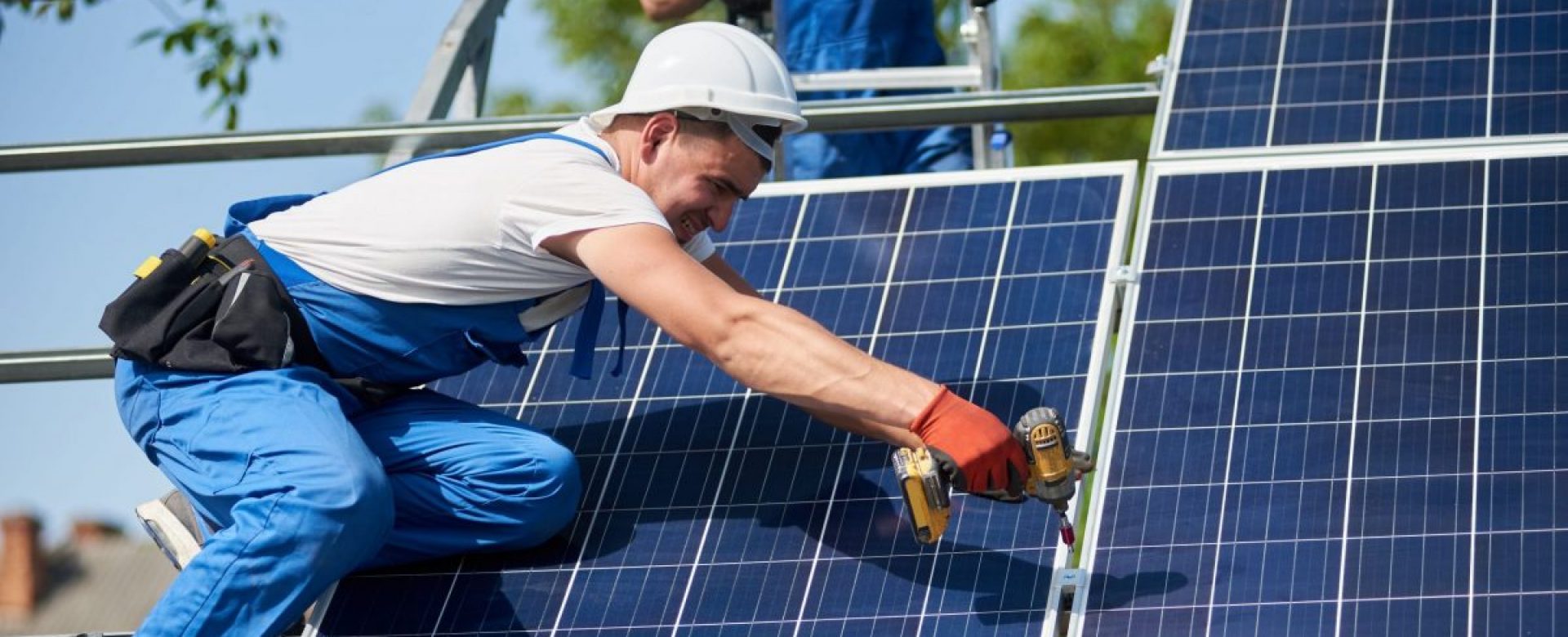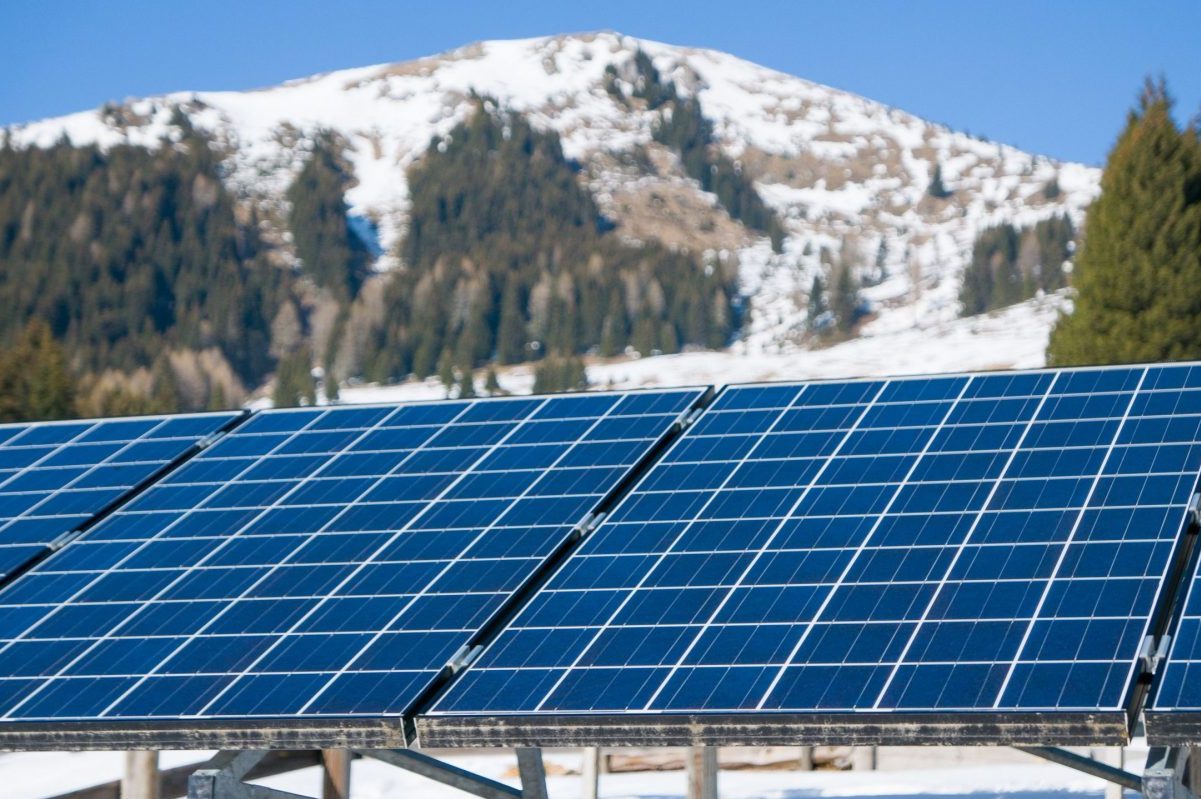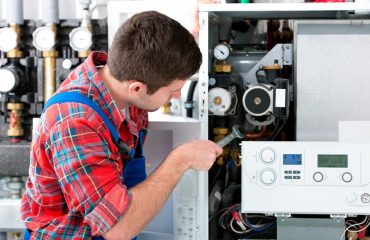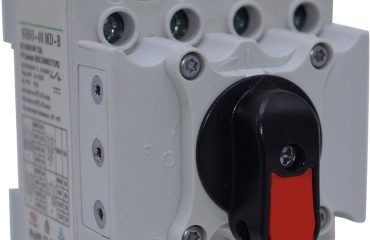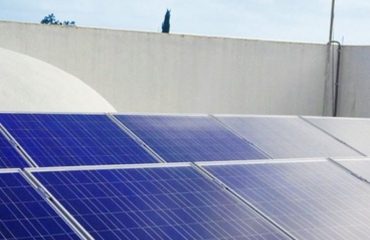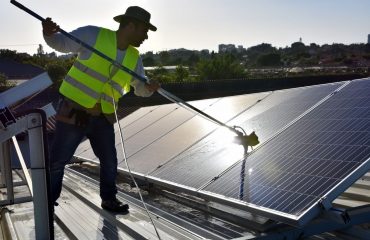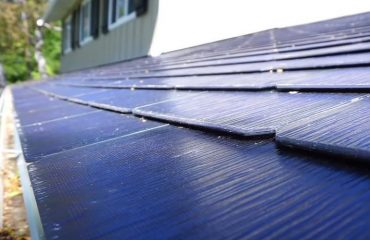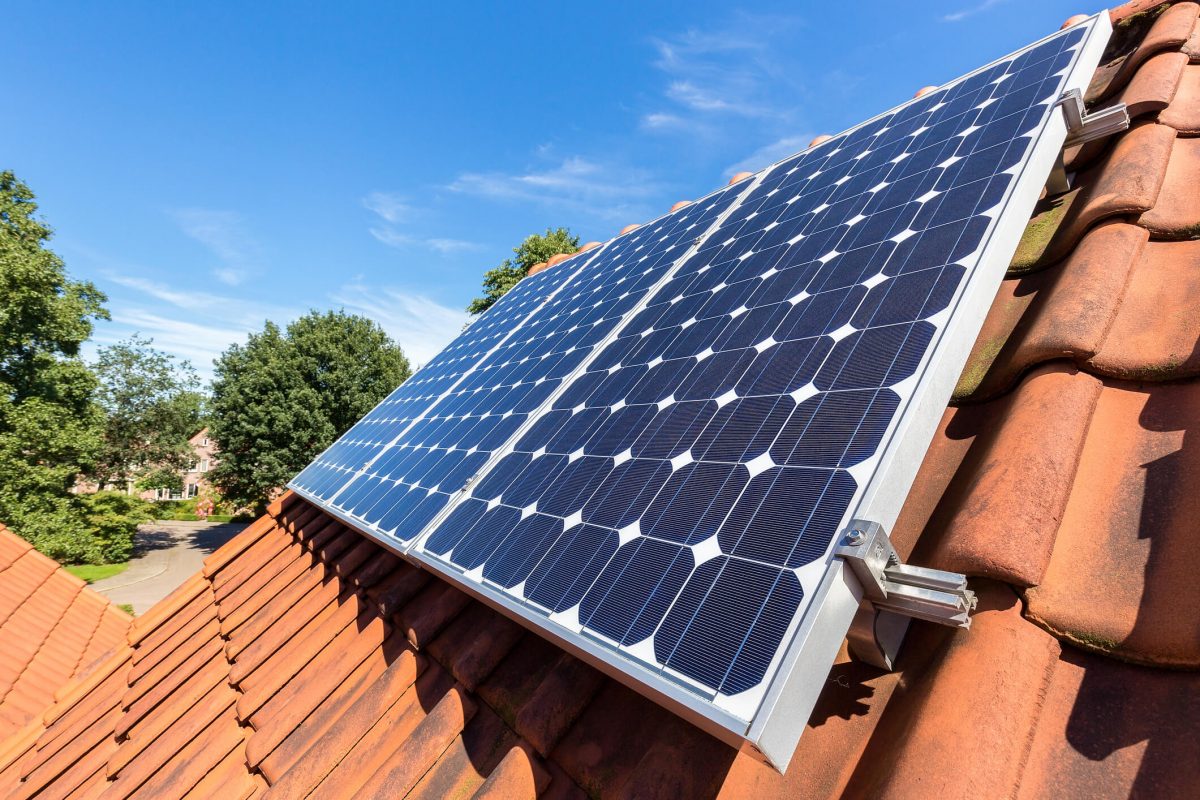Forget the myth that solar financing requires weeks of paperwork and endless weekday appointments. Unlike risky weekend loans that trap borrowers in debt cycles, solar panel financing offers legitimate paths to home energy independence—and yes, you can kickstart the process over a single weekend.
Modern solar financing has evolved dramatically. Online lenders now provide instant pre-approvals, digital document uploads replace mountains of paperwork, and many solar companies offer weekend consultations that fit your schedule. You’re not sacrificing financial wisdom …


